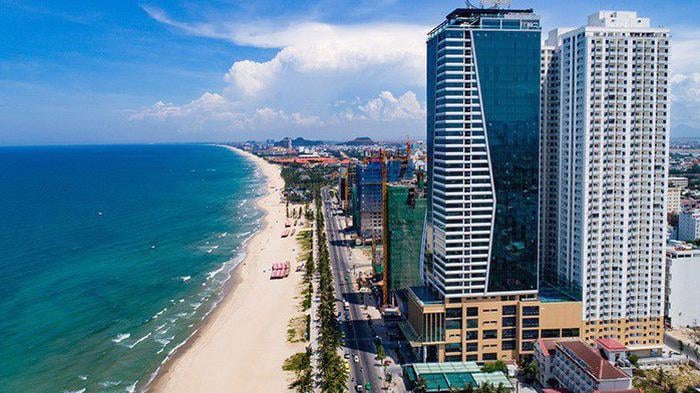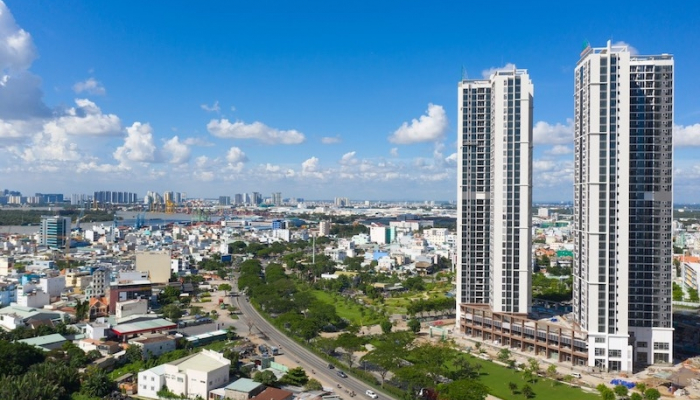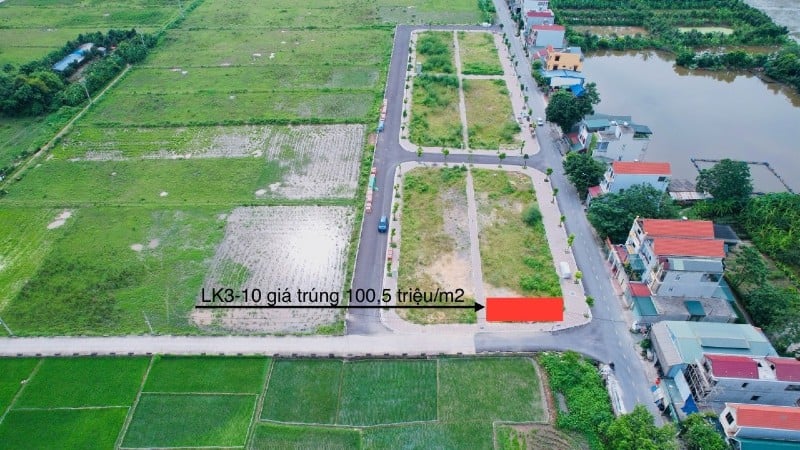Circular 06 amends and supplements a number of articles of Circular 39/2026 of the State Bank of Vietnam (SBV) regulating lending activities of credit institutions and foreign bank branches to customers. The Ho Chi Minh City Real Estate Association (HoREA) recently sent a dispatch requesting the SBV to urgently consider amending and supplementing a number of provisions of Circular 06/2023 to improve access to credit for businesses.

Circular 06 on regulations for lending to customers effective from September 1
Specifically, HoREA proposed to remove "Article 8, Clause 8" which stipulates that credit institutions are not allowed to lend "To pay for capital contributions, purchase, or receive transfers of capital contributions of limited liability companies or partnerships; contribute capital, purchase, or receive transfers of shares of joint stock companies that are not listed on the stock market or have not registered for trading on the Upcom trading system".
Nationwide, there are about 67 real estate enterprises (RE) that are public joint stock companies listed on the stock exchange, accounting for only about 0.16% and there are about 9 real estate enterprises that are joint stock companies registered to trade on the UpCOM trading system, accounting for only about 0.02% of the total of more than 40,000 real estate enterprises nationwide. This means that the majority of real estate enterprises have a need to receive investment capital from institutional and individual investors, including capital that investors borrow from credit institutions, but "Article 8, Clause 8" stipulates that credit institutions are not allowed to lend to these investors. This does not ensure equality among the majority of enterprises, enterprises, whether listed or not, need to be treated equally.
Similarly, HoREA proposed to amend the regulation of Clause 9, Article 8, which stipulates that credit institutions are allowed to lend for capital needs "to pay for capital contributions under capital contribution contracts, investment cooperation contracts or business cooperation contracts to implement investment projects that have been approved in writing by competent state agencies" instead of "investment projects that do not meet the conditions for putting into business". When the construction permit is issued, the investor has spent a large amount of money, mainly the cost of receiving the transfer of land use rights to create the project land fund. When the project is implemented, the investor needs capital. When the project is completed and put into operation, the investor does not need to borrow credit capital or mobilize capital from investors because it has mobilized capital from customers.
Clause 9, Article 8 has "blocked" credit loans for investors who want to borrow to invest in real estate projects, commercial housing, and urban areas right at the time when investors need the most additional capital to implement the construction of the project. This regulation not only affects real estate business activities in the "conditional investment and business sectors", but also has a "negative" impact on investment and development in general. Because "Clause 9, Article 8" applies to all investment projects, some other investment projects, although "having documents from competent state agencies permitting implementation" but "not meeting the conditions for putting into business", will also fall into the case where credit institutions are not allowed to lend. For example, in cases where investors want to borrow credit to invest in investment projects under the public-private partnership (PPP) method to carry out infrastructure works, bridges, roads, ports, airports, power plants, hospitals, schools, agriculture, forestry, fisheries, etc.
In addition, HoREA proposed to amend "Clause 10, Article 8" to stipulate that "the costs of implementing this business project must be incurred within 24 (or 36) months from the time the credit institution decides to lend" instead of within 12 months according to Circular 06. This amendment is to conform to the actual situation of the real estate market due to "legal problems" accounting for 70% of the difficulties, so the project was "stopped" pending the decision of the competent authority, not due to the fault of the enterprise.
Housing prices in Hanoi and Ho Chi Minh City are 32 times higher than people's income.
Source link
































































Comment (0)